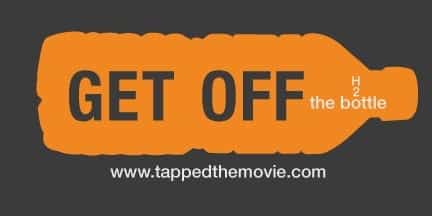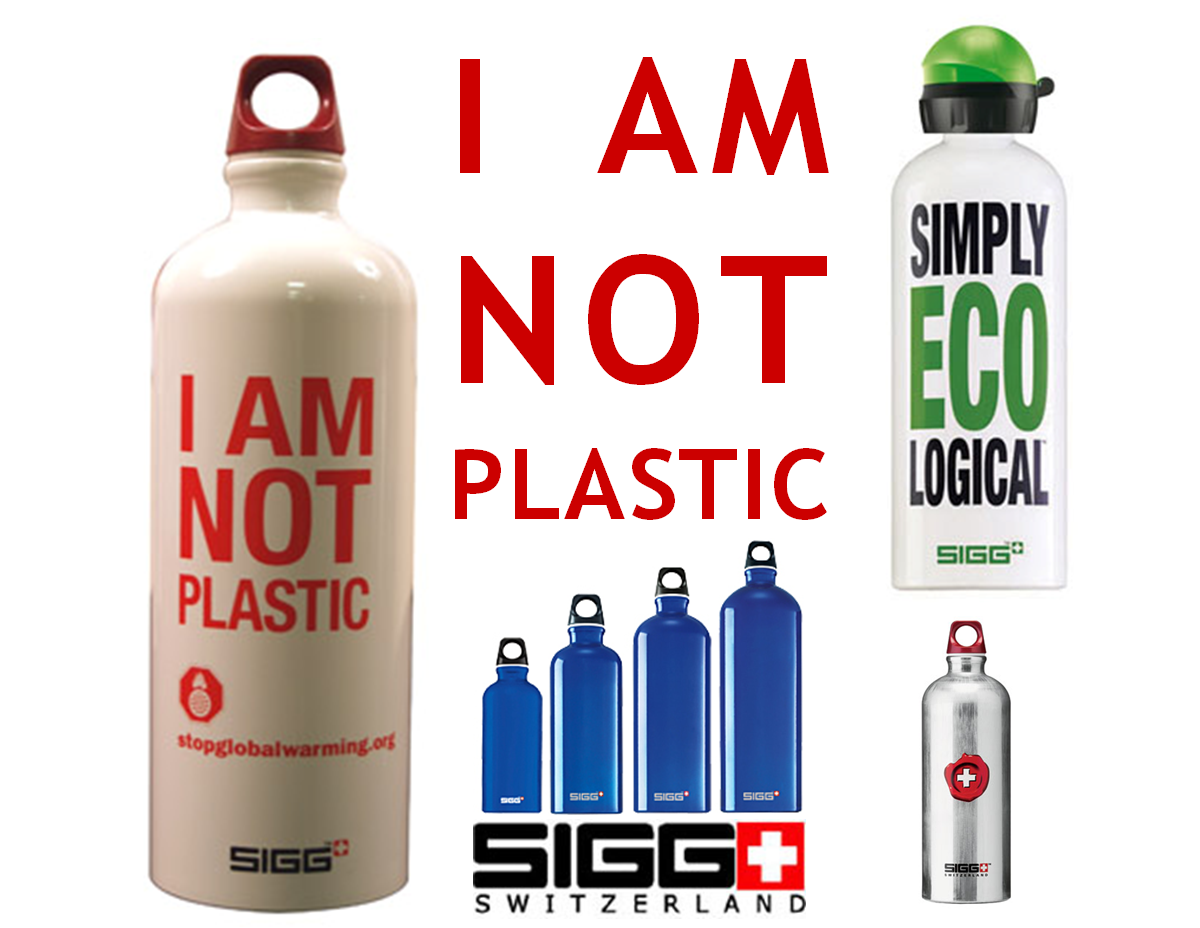
This is one of the reasons why I enjoy watching, if 'enjoy' is the right word, documentaries. There are times I find them annoying, since they tend to be strident, preachy and always going on about how bad things are, and how they are going from bad to worse.
Yet for all that, one of the great purposes of documentaries, besides being ways of challenging our thinking is to teach us a few things. My last blog was about Bottled Water Free Day, a movement that wants to liberate people from the scourge of bottled water. I have been aware that many municipalities are interested in enacting by-laws that would ban either the sale of bottled water in the community, or at least ensuring the municipality would not purchase bottled water for the every day operations of the city.
There's a lot of good reasons for this, one is of course, the bottled water industry is built upon one massive sham. The sham is simple, that this is the safest and best water you can have.
The movie Tapped wants to blow that concept right out of the water. The producers demonstrate a few things, the first is bottled water is a multi-billion dollar industry, so naturally, there is a lot of money being used to make sure people understand this and are filled with the sights of healthy active people drinking the product. To get people to drink it, they have to convince us all of one major fact, that tap water is evil. Of course the movie has a few interviews of prominent people in the industry claiming that tap water is not the enemy, and why should they, most of the water in bottles is tap water. The only difference is that bottled water has gone through a few more processes. What is a bit interesting is that most companies will never produce reports as to the safety of their product. I suspect they would claim such things as being company secrets. The film makers point out that municipal water is checked multiple times during the day.
Here in Ontario, we have the "Clean Water Act", which has as its stated purpose:
he purpose of this Act is to protect existing and future sources of drinking water.
This may be the clearest, most straightforward purpose ever given to any government act in the history of government acts. It is there to protect all sources of drinking water. The Province does continue and gives a website that looks at the safety of drinking water in Ontario. Besides reading a few things, you can go and learn how safe your water truly is, there is a page that gives the percentage of tests that met government standards, in Brantford, its 99.77%. In other words, it meets government standards all the time. I know the people who are doing the tests are very diligent, hey I've got to trust my own brother on this thing. Yes he is a provincial tester of water. He also drinks water. Got to trust someone who does all that.
Seriously, since Walkerton, Ontario has taken safe water very seriously. The group that watches our water is the Ontario Clean Water Agency, its mission to monitor our water.
With all this documentation available, including annual reports, we must ask ourselves why is private industry so reticent to give us their annual reports and their water study reports.
Of course, the documentary doesn't just deal with water, it considers the industry as a whole, including the packaging, which is the ubiquitous plastic bottle. They consider the source of the plastic, which is, of course, petroleum and does a study as to the various toxins which make up the plastic. One of the nastiest, and this only appears in hard plastic bottles is BPA. It appears in a lot of places and its so bad that it has been declared a toxic substance, which is probably why there are new style of plastic bottles available out there. Notice how the industry doesn't tell us anything about it. If it wasn't for government occasionally watching out for us, this could be worse. Actually I can't complain, for all we say, our governments do a pretty good job looking after our interests.
Besides this, the question continues, where does all those plastic bottles go? We like to think we all do our part and recycle, but again, it pointed out in most cases bottled water is a point of sale, one way product, you buy it, you drink it and you toss it. If there is some sort of recycling receptacle, it will go there, if not then its straight in the trash, or it will be tossed to the curb, wayside, ditch, park or where ever we find ourselves. In other words, it's not recycled and that's another problem. It now enters the ecosystem and causes even greater havoc. That's why we see them floating around. With 29 billion bottles used each year in the US and probably some sort of proportion in Canada, let alone the rest of the world, that's a lot of plastic that ends up somewhere. If its in the water, it goes into the lakes and from there, the oceans and from there, well, that's another problem altogether.
The water industry is mining water from anywhere they want, but its usually a few places and they honestly don't care about the local people or the local environment.
It's a movie worth watching. I picked up my copy from the local library and I suspect a lot of local libraries will have the same DVD. So go out, rent it, check it out and watch it. I think one result will be you will never buy another bottle of water again. Which could be a good thing. If you get thirsty the best thing to do is become friends with a local water fountain and if that's not possible, bring your own water, from your own tap, with your own reuseable bottle.


No comments:
Post a Comment